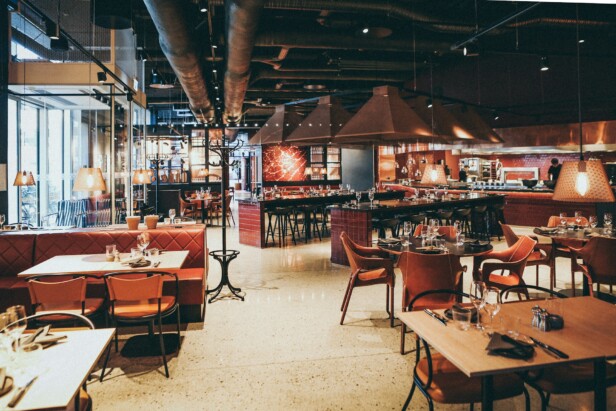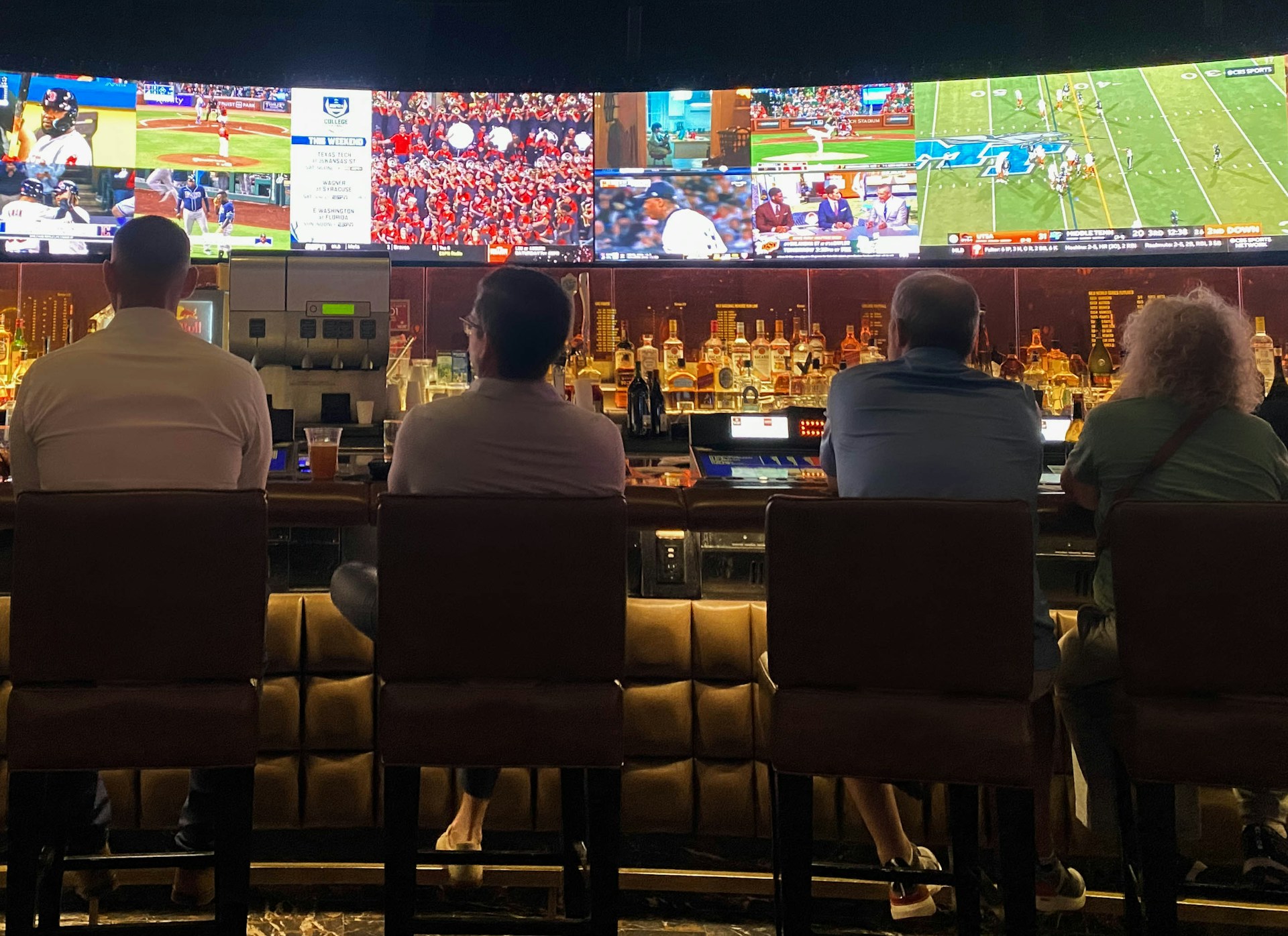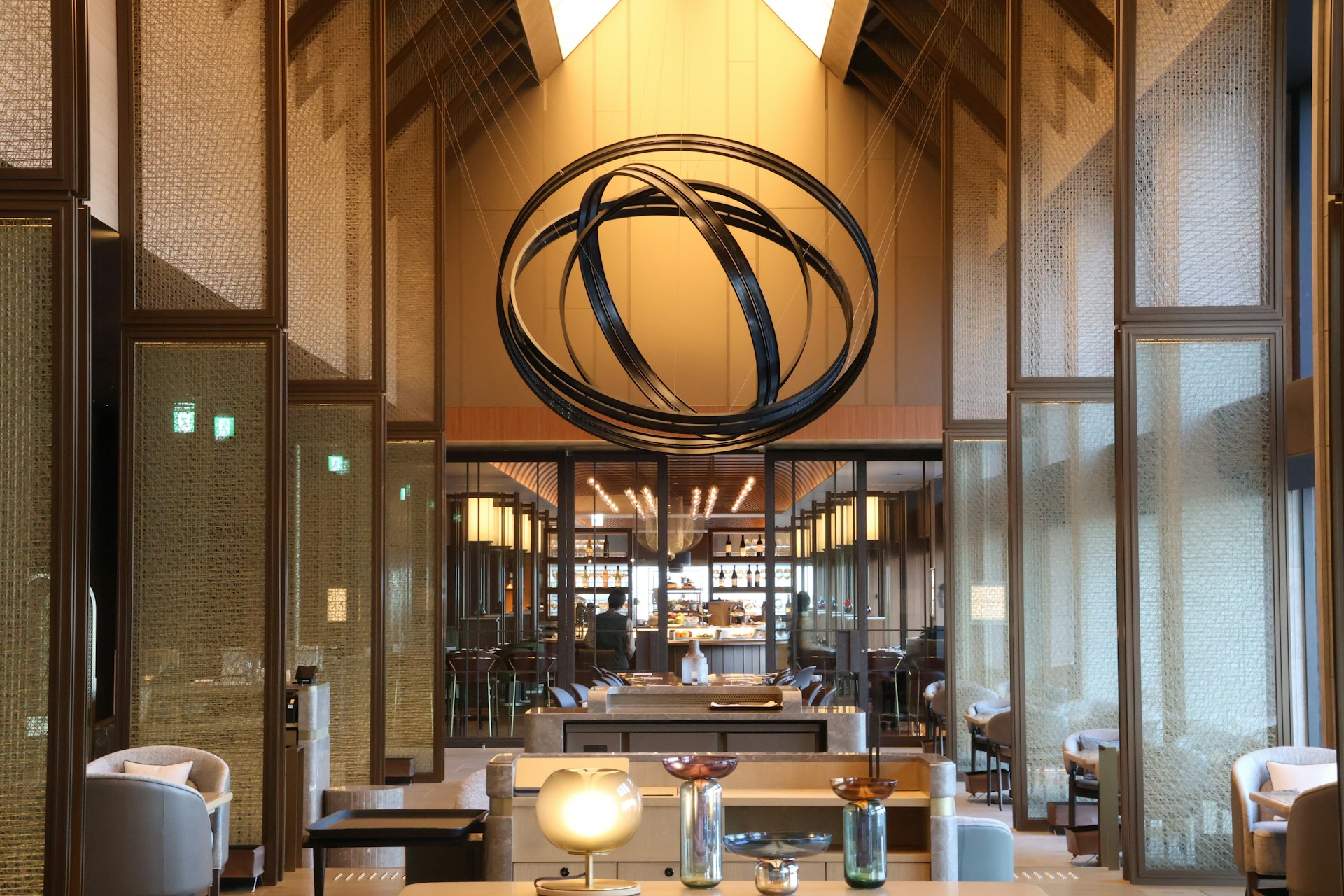Fast-casual restaurant construction in Houston demands precise coordination across multiple phases that can determine success or failure. We see projects unfold through pre-design work, schematic design development, construction documents preparation, and permitting processes that require careful navigation of local Houston regulations.
The timeline typically spans 8 to 18 months from initial concept to grand opening, though we’ve observed compressed schedules using 90-day pre-opening plans and focused four-week marketing sprints during the final push. Each project follows a structured sequence that includes construction and renovation oversight, equipment setup, vendor coordination, team hiring and training, marketing rollout, and the critical grand opening phase.
Which Pre-Construction Phases Shape The Schedule?

Core early work sets the pace for restaurant projects. We manage three sequential design phases that define project scope and execution strategy.
Design Development Workflow
Our pre-design phase establishes the project foundation through comprehensive planning. We conduct project definition sessions that clarify objectives and requirements. Site analysis examines existing conditions, utilities, and structural constraints that affect restaurant operations.
Program development identifies spatial requirements for dining areas, kitchen zones, storage, and support functions. We establish budget parameters and schedule milestones during this phase. These elements create the framework for all subsequent design and construction activities.
Schematic design follows with preliminary floor plans that show restaurant layout and customer flow. We develop elevations and sections that illustrate interior design concepts and spatial relationships. Kitchen flow design receives particular attention during schematic phases since operational efficiency depends on proper equipment placement and workflow organization.
Construction Documents And Technical Specifications
Construction documents provide detailed drawings and specifications needed for permit submission and contractor bidding. These documents include architectural plans, structural details, and mechanical, electrical, and plumbing systems. Material specifications and finish schedules guide vendor selection and procurement processes.
Technical drawings address code compliance requirements specific to restaurant operations. Fire safety systems, ventilation requirements, and accessibility features receive detailed documentation. Complete construction documents reduce change orders and prevent costly rework during construction phases.
Houston Permitting Requirements
Permitting coordination with Houston authorities often extends project timelines beyond initial estimates. Building permits require plan review by multiple departments including fire, health, and building safety officials. Restaurant projects face additional scrutiny for grease management systems, ventilation compliance, and food service equipment installations.
We coordinate permit submissions with Houston Public Works and Planning departments early in the design process. Phased permitting approaches help accelerate approval timelines by submitting foundation and shell permits before complete interior buildout plans. This strategy reduces overall permitting duration while maintaining compliance with local building rules.
Parallel Development Activities
Business planning activities run parallel to design development phases. Concept refinement and brand positioning inform interior design decisions and operational layout requirements. Timeline planning coordinates construction phases with lease negotiations and financing milestones.
Site selection and lease advisory services evaluate locations based on demographics, competition, and operational requirements. Feasibility studies and due diligence processes assess financial viability and market conditions. These parallel tracks prevent delays when design phases reach completion and construction activities begin.
Licensing and compliance strategy development addresses health department permits, liquor licenses, and operational certifications required before opening. Operational workflows and standard operating procedures development begins during pre-construction to ensure staff training aligns with facility design and equipment capabilities.
What Are The Build-Out And Fit-Out Milestones For Fast-Casual Spaces?
Once permits clear, our focus shifts to physical build-out execution. We coordinate construction and renovation oversight while managing the installation of kitchen equipment, furniture, and lighting systems. This phase requires careful sequencing to avoid bottlenecks in the confined spaces typical of fast-casual restaurants.
Equipment installation follows a logical progression that maximizes kitchen flow efficiency. Commercial-grade cooking equipment arrives first, followed by refrigeration units and prep stations. We position these components to support the quick-service model that defines fast-casual operations, where food preparation speed directly impacts customer satisfaction and operational success.
Parallel Operations During Build-Out
Multiple tracks run simultaneously during this critical phase. While we oversee renovation oversight and equipment setup, the hiring and onboarding process begins in earnest. Fast-casual restaurants depend on well-trained teams who understand both food preparation techniques and customer service protocols specific to the quick-service environment.
Team training occurs alongside equipment installation to familiarize staff with new systems before opening day. Menu training becomes particularly important in fast-casual settings where speed and consistency determine success. Staff must master preparation techniques, understand ingredient specifications, and execute orders efficiently during peak periods.
Vendor Coordination And Supply Chain Management
Vendor and supply chain coordination keeps deliveries aligned with the construction schedule. We manage furniture deliveries to arrive after flooring completion but before final cleaning. Lighting fixtures install after ceiling work finishes but before staff training begins in earnest.
This coordination prevents storage issues and protects equipment from construction dust or damage. Supply chain planning affects both equipment delivery schedules and initial inventory stocking, which must align with projected opening dates to avoid spoilage or shortage issues.
Marketing Ramp-Up And Pre-Launch Strategy
Marketing activities accelerate during the build-out phase through both online and offline channels. Pre-launch strategy includes social media content creation, local community outreach, and partnership development with nearby businesses. These efforts build anticipation and establish the restaurant’s presence before doors open.
The marketing ramp-up runs parallel to construction activities, allowing teams to showcase progress through behind-the-scenes content and construction updates. This dual approach maximizes visibility while demonstrating transparency and quality commitment to potential customers.
Final steps culminate in full marketing rollout coordination with the planned grand opening. We ensure all systems function properly, staff training reaches completion, and marketing campaigns align with the official launch date to maximize opening day impact and long-term success.
How Long Does It Take, And What Can Compress Or Extend Timelines?

Fast-casual restaurant openings in Houston typically span 8 to 18 months from initial planning to grand opening. The timeline depends heavily on project complexity, site conditions, and how well teams prepare their groundwork.
We find that projects with clear pre-design work, defined budgets, and complete construction documents move faster through the construction phase. When these elements align properly, we can maintain steady progress without costly delays or rework that extends schedules.
Houston Permitting Variables
Permitting processes in Houston create significant timeline variability. Local agencies require thorough coordination, and approval times fluctuate based on application completeness and current review workloads.
We schedule permitting activities early in our timeline planning because Houston’s regulatory requirements can add weeks or months to a project. Complex sites or unusual design elements often trigger additional review cycles that push back construction start dates.
Close coordination with city officials helps identify potential roadblocks before they become delays. Teams that maintain regular communication with permitting offices typically experience smoother approval processes.
Supply Chain Planning Impact
Equipment and material delivery schedules directly affect construction timelines. Supply chain disruptions can delay critical milestones, particularly for specialized kitchen equipment or custom fixtures.
We coordinate vendor deliveries well ahead of installation dates to buffer against delays. Long-lead items like HVAC equipment, walk-in coolers, and custom millwork require early ordering to maintain schedule integrity.
Strategic ordering that accounts for potential delays keeps projects moving forward. Teams should build contingency time into their supply chain planning, especially for items with extended manufacturing or shipping requirements.
Accelerated Pre-Opening Strategies
Near launch, condensed timelines become essential for market preparation. Four-week marketing cycles focus teams on content preparation, campaign execution, and KPI monitoring without overwhelming limited resources.
These marketing sprints coordinate online campaigns, local advertising, and community outreach activities. We structure these cycles around specific launch milestones to maximize impact during the critical pre-opening period.
Many successful projects implement 90-day pre-opening plans that break down final preparations into weekly tasks. This approach helps teams track progress systematically while addressing the dozens of details that emerge during the final phase.
Staff training and menu development also influence how quickly operations stabilize after opening. Teams that complete thorough training programs and menu testing before opening day typically achieve operational efficiency faster than those rushing through these critical elements.
What Should Houston Project Teams Track In The Final Weeks?
The final weeks before opening determine whether a fast-casual restaurant launches smoothly or encounters costly delays. We organize our pre-opening oversight into four critical tracking areas that ensure construction readiness aligns with operational preparedness.
First, fit-out completion and equipment setup require precise coordination with vendor deliveries. Our teams verify that kitchen equipment installations match construction documents and that all utilities function properly. Equipment testing runs parallel to final inspections, ensuring cooking stations, refrigeration units, and POS systems operate at full capacity before staff training begins.
Second, team recruitment, onboarding, and training progress alongside menu tastings and operational walk-throughs. We schedule these activities to coincide with equipment readiness, allowing new hires to train on actual kitchen systems rather than theoretical procedures. Menu tastings help refine recipes for fast-casual speed requirements while operational walk-throughs identify workflow bottlenecks before opening day.
Third, marketing sprints cover content preparation, online campaigns, offline campaigns, and KPI monitoring within compressed four-week cycles. Content preparation includes photography, social media assets, and promotional materials. Online campaigns target local customers through digital platforms while offline campaigns build community awareness through traditional channels. KPI monitoring tracks engagement metrics and adjusts messaging based on early response data.
Fourth, final operational workflows and SOPs require fine-tuning for fast-casual speed and flow. We review service timing, order processing procedures, and staff positioning to eliminate unnecessary steps. SOPs cover everything from opening procedures to closing checklists, ensuring consistent operations from day one. These protocols emphasize the rapid service delivery that fast-casual customers expect.
These week-by-week checks create accountability across all project stakeholders and support a smooth handoff into grand opening. Regular coordination meetings ensure vendor deliveries, staff scheduling, and marketing launches align with construction milestones, preventing last-minute conflicts that could delay the opening timeline.
Final Words

Successfully navigating the 8- to 18-month fast-casual restaurant construction timeline in Houston requires more than just a good concept. It demands a structured, integrated approach that meticulously manages every phase, from initial design and permitting to the final four-week marketing sprint. As we’ve seen, success hinges on the precise coordination of construction milestones, equipment setup, vendor deliveries, and staff training.
Managing Houston’s specific permitting requirements while proactively coordinating the build-out and pre-opening phases is what separates a smooth launch from a costly, delayed one. A well-executed plan ensures that your grand opening is the culmination of a seamless project, not the end of a stressful ordeal.
Ready to navigate Houston’s complex restaurant construction timeline and open on schedule? Contact EB3 Construction to get your fast-casual project managed with precision from day one.




